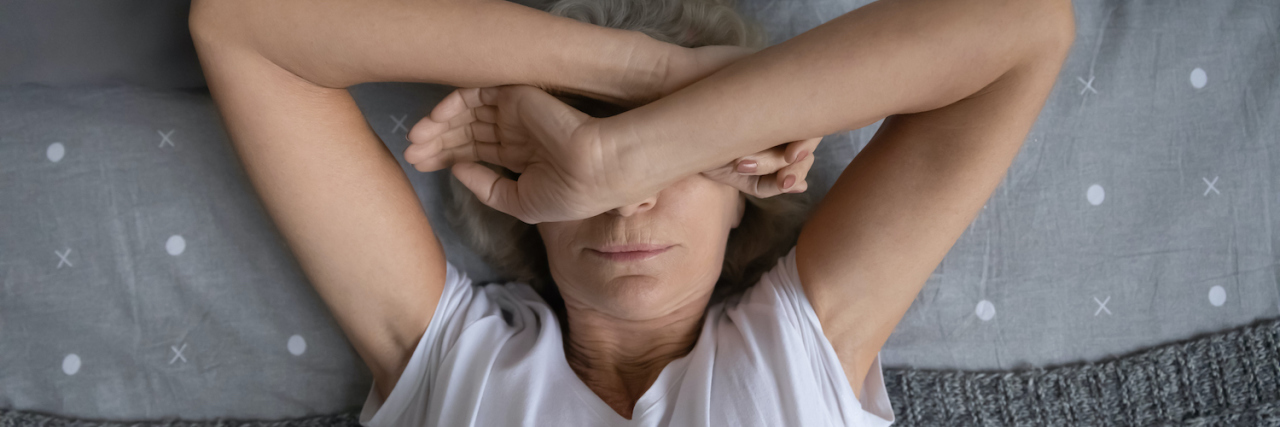No one expects a high schooler to have insomnia, but it happens. I would lay in bed and look at the ceiling until almost two hours before I had to be up. I was drained. I was confused. It’s like my body was moving out of habit and not out of a real need to.
Sadly, that was almost 40 years ago. Insomnia affects 33 percent to 50 percent of the adult population. Whereas I am lucky enough to have chronic insomnia, which affects 10 percent to 15 percent of the population, according to the Cleveland Clinic. What’s so bad about insomnia is how it affects your ability to do things during the day. And with me being a mom of a child with disabilities, I have to be on my ball game at all times.
There are several insomnia symptoms that are particularly difficult. They are:
- Difficulty falling asleep at night. One can only watch so much Netflix.
- Irritability, depression and anxiety. I have meds for these too. It’s not fair.
- Difficulty paying attention. My focus and my memory are bad. I tend to do things wrong quite often.
- Struggling to get along with people because I am irritable and depressed.
- The next day I have a feeling like I haven’t slept at all.
Most insomnia doctors will recommend the same tips for better sleep. They are:
- Avoid watching television or reading a book in bed.
- Use the bedroom for only sleep and sexual activity.
- Avoid eating large meals or drinking a lot of water in the evening.
- Eat a light snack before bed.
- Make sure the room has a comfortable temperature and is dark.
And take your medication, if the doctor has prescribed you a prescription to help you sleep. I take Ambien. Though I don’t like to take it every night. And I take melatonin.
If you feel like you might have insomnia, call your doctor. Sometimes a sleep test is necessary. Other times it will be a question and answer session followed by you most likely keeping a diary for a while. Insomnia is serious. So don’t take it lightly.
Getty image by fizkes

